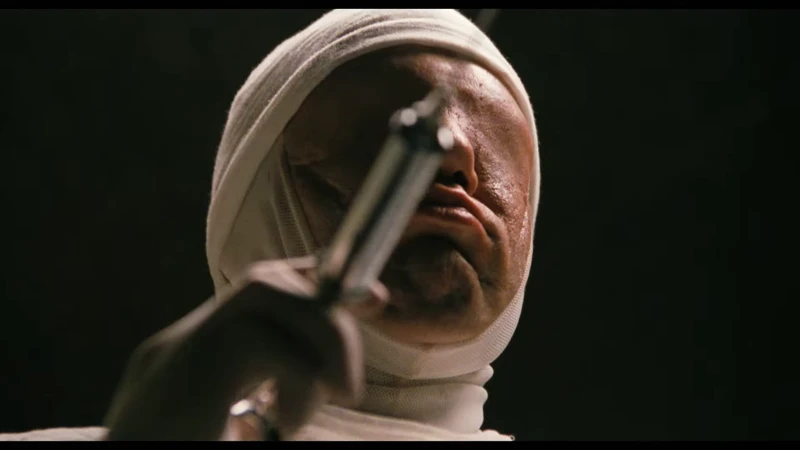Jacob's Ladder (1990)
| director: | Adrian Lyne |
| release-year: | 1990 |
| genres: | thriller, psychological, horror |
| countries: | USA |
| languages: | English |
Solid forgotten 90s thriller, but a bit of a letdown when it chooses the most obvious potential ending. Pretty sure one of the Hellraisers copied this. Or Midnight Meat Train, what was that about again?
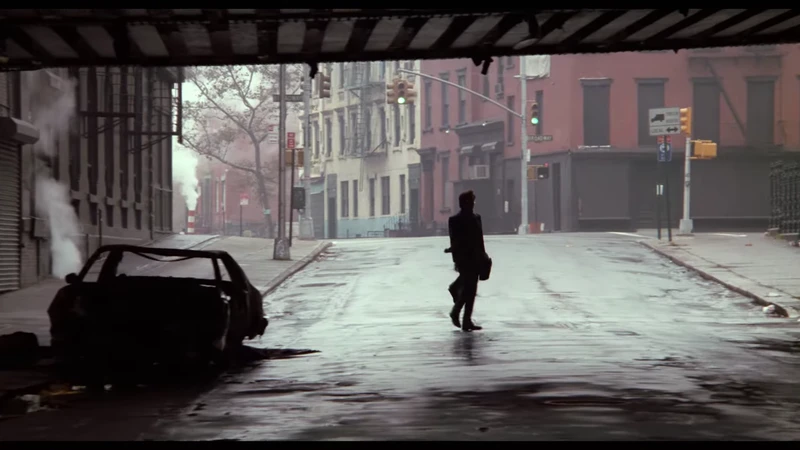
A Harry Potter-looking young Tim Robbins and crew are doped up on bad joints in the jungle of 'Nam when things start blowing up and the camera starts shaking and people start screaming. Robbins gets gut-stabbed by an unseen foe.
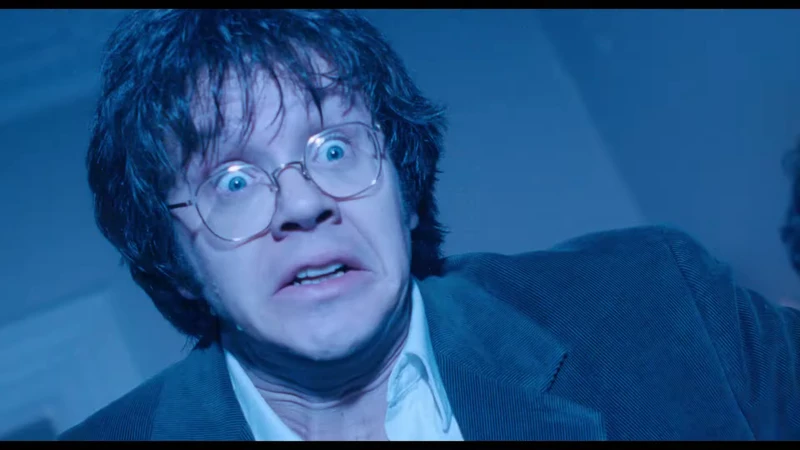
We jump to X years later, where post-war Robbins is a divorced postman dating a frequently topless coworker who struggles with empathetic compassion for male trauma. Robbins, in his young 30s, has somehow managed to already pump out three adolescent kids, earn a doctorate, and go to war. His youngest, a dinky little pre-Home Alone Macaulay Culkin, died in a tragic bicycling accident.
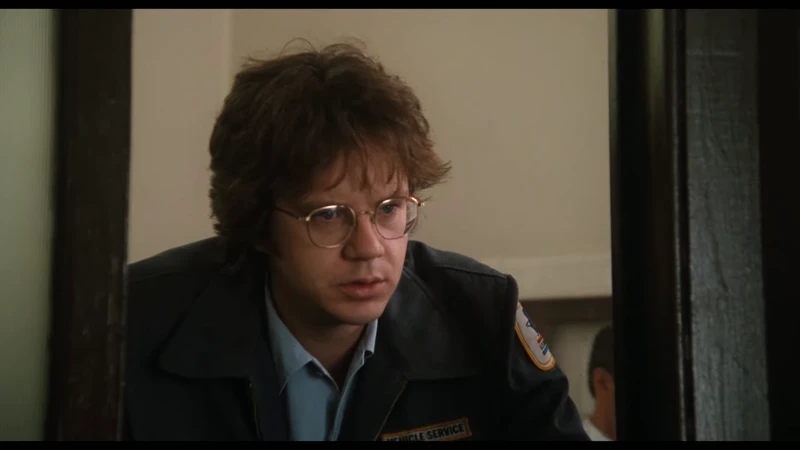
The world is dark and dirty and eerie, and Robbins starts spotting sputtering demon-people, some of which try to run him down with their demon car. He tells his girlfriend about his demon visions, and she reminds him that they live in 1990 NYC, so what he's describing isn't really that unusual. She makes a strong point.
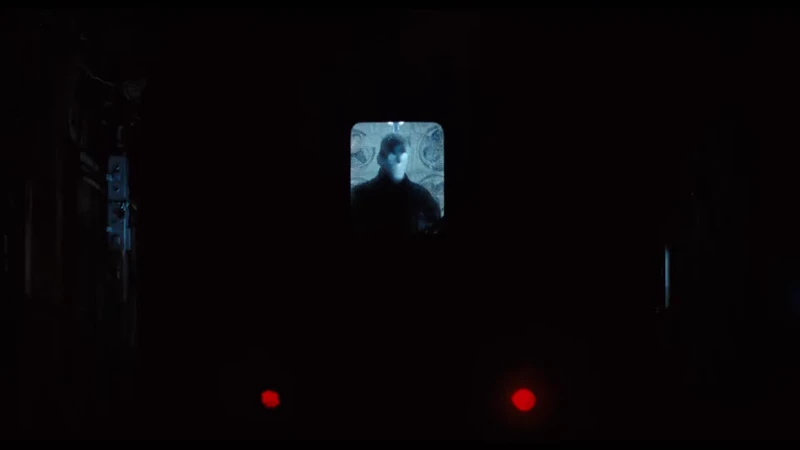
Robbins goes to visit his chiropractor, who he describes as an angel while a glowing white light illuminates behind his head, because this was a mainstream film and metaphorical subtlety wasn't in the cards. The chiropractor dispenses philosophical advice about heaven and hell and purgatory, and suggests that one only suffers until one is ready to release one's earthly connections. Surely this isn't foreshadowing.

Robbins starts dancing between times, alternatively waking up with his girlfriend, his wife, or in Vietnam. When he awakens, he variously asks "am I alive?", "am I dead?", "is this real?", and so on, in case the viewer hasn't followed the fifty million other clues indicating that this is a is-he-dead-or-not-dead thriller.
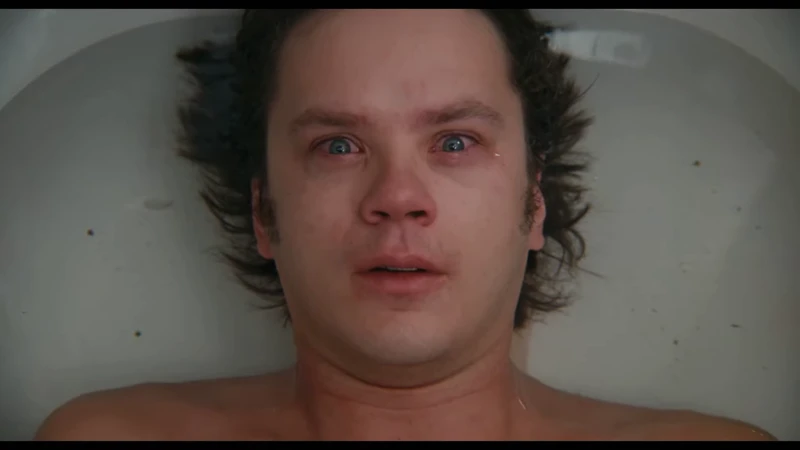
Some old friends, and some strangers, crawl out of the woodwork to have mysterious meetings with him in alleys and bars. Many of his old army friends, some of whom I think we saw die in the first scene, are also experiencing demon troubles. The platoon hires an attorney, George Costanza, to investigate if the government gave them bad dope with mind-control drugs. Shortly thereafter, all of his friends inexplicably drop out of both the lawsuit and his life, and Costanza accuses him of never having gone to war at all.
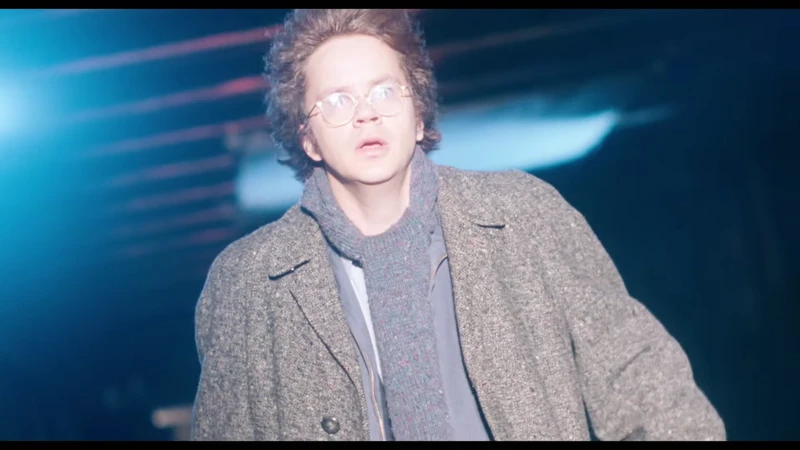
He's kidnapped by some government agents, entirely indistinguishable from Italian mafia thugs, who break his spine and toss him in the street. An ambulance carries him off to an abandoned torture hospital and roll him through piles of discarded human limbs. His guardian angel chiropractor bursts in, interrupting the demonic visions, to carry him triumphantly out of the demon hospital and fix his spine with some simple bone cracking.
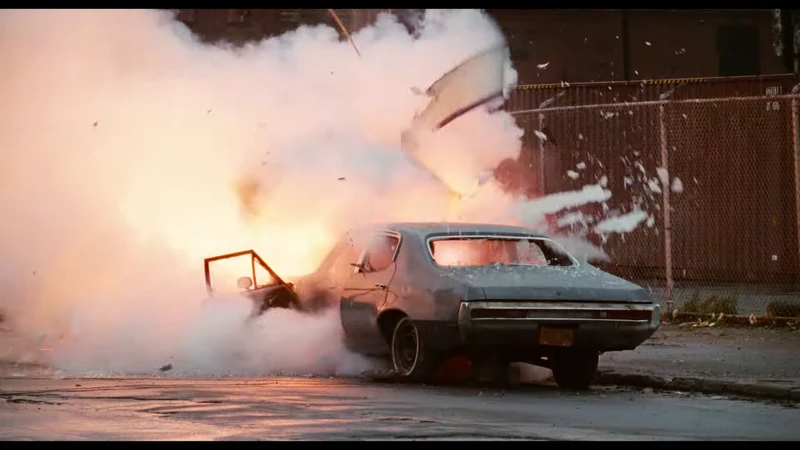
This all just continues: hallucinations, time jumps, demon spottings, lost times, partial memories, questionable contacts. And that's fine; Robbins is a good actor, the environment is enjoyably dystopian, and it's all put together in a way that is sufficiently foreboding and intriguing.

But you know it's all coming to naught, and to naught it does come. We end in a M*A*S*H tent with the army doctors saying they've done all they can do, rubbing it in our faces as obviously as possible to guarantee there will be no misinterpretation.
